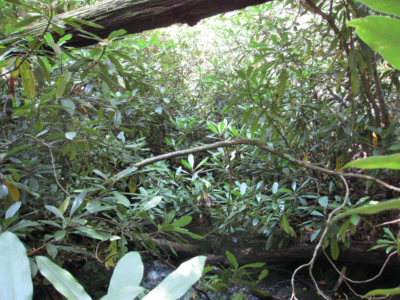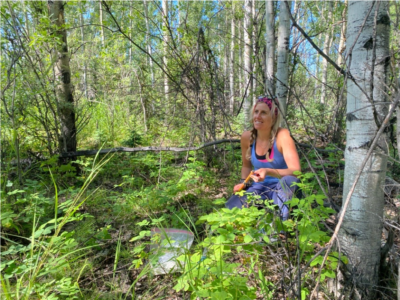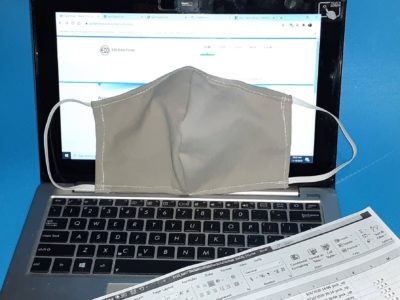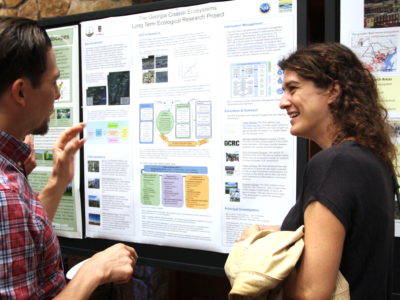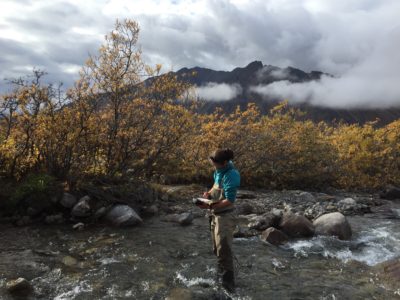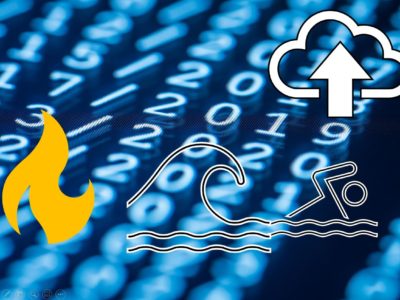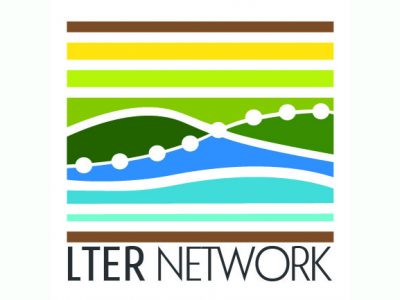The Edge of Agriculture: Pests and Crop Configuration
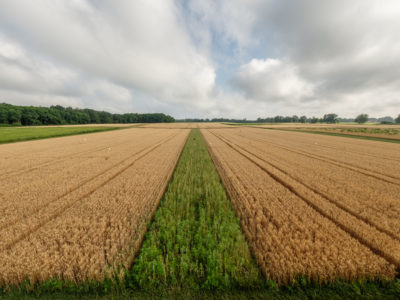
In agricultural landscapes, predatory insects provide an essential ecosystem service — valued at billions of dollars annually — by suppressing pests that damage crops. A new study that includes data from Kellogg Biological Station LTER (KBS LTER) found that natural pest suppression gains a big boost when agricultural landscapes are patchy and include a high… Read more »

